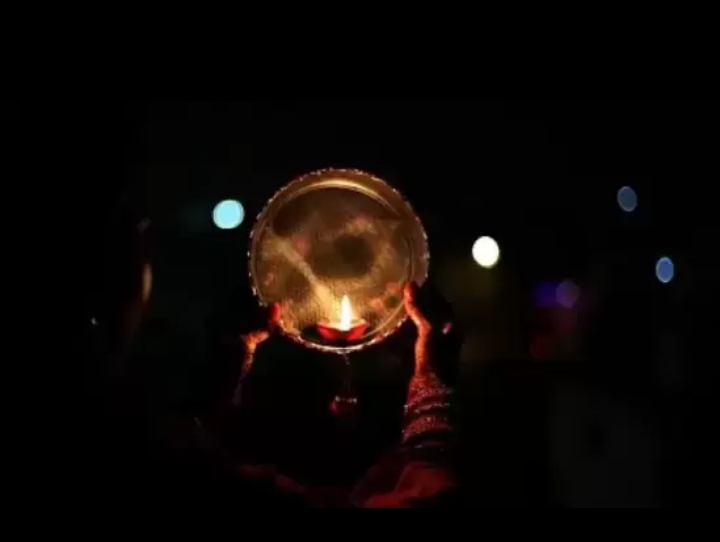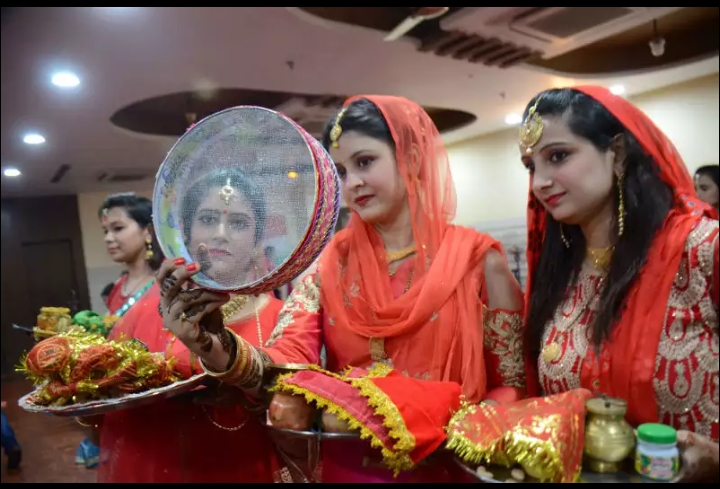
Karwa Chauth is a traditional Hindu festival celebrated predominantly by married women in India. It involves fasting from sunrise to moonrise to pray for the longevity and well-being of one’s husband. While the festival is cherished by many as a symbol of love and devotion, it is crucial to acknowledge how Karwa Chauth can inadvertently promote and perpetuate patriarchal values and gender inequality. In this article, we will discuss some of the aspects of Karwa Chauth that contribute to the reinforcement of patriarchy.
Gender Roles and Expectations
Karwa Chauth reinforces traditional gender roles by placing the husband in a position of great importance. The ritual revolves around women fasting for the safety and prosperity of their husbands, effectively emphasizing the idea that a woman’s happiness and security are dependent on her spouse. This sets a precedent for women to prioritize their husband’s well-being over their own aspirations, reinforcing patriarchal expectations.
Economic Dependence
The fasting aspect of Karwa Chauth symbolizes a woman’s economic dependence on her husband. This festival is often presented as a demonstration of a wife’s loyalty and sacrifice for her husband. In many cases, it subtly encourages women to be financially reliant on their partners, further entrenching the patriarchal notion that a woman’s financial independence is secondary to her role as a wife.
Pressure to Conform
The pressure to participate in Karwa Chauth can be overwhelming. Women who choose not to partake in the fast or who challenge the traditional norms may face social stigma or criticism. This pressure to conform to gendered expectations is a manifestation of patriarchy, as it discourages women from making choices that deviate from traditional roles and behaviors.
Lack of Inclusivity
Karwa Chauth primarily centers around married women fasting for their husbands. This excludes unmarried women, those in same-sex relationships, or anyone who doesn’t conform to the traditional nuclear family structure. Such exclusivity perpetuates patriarchy by promoting a narrow and rigid definition of relationships and roles.
Influence on Young Minds
The celebration of Karwa Chauth is often observed by children and teenagers, who may absorb the underlying patriarchal messages of the festival. This can have long-lasting effects on their perceptions of gender roles and relationships, perpetuating gender inequality.
While Karwa Chauth is a revered cultural festival for many, it is important to critically examine the customs and traditions associated with it. This festival inadvertently reinforces and promotes patriarchy by emphasizing traditional gender roles, economic dependence, social pressure to conform, lack of inclusivity, and its influence on young minds. It is crucial to encourage discussions that challenge these norms and promote gender equality, allowing women to make choices based on their aspirations and desires rather than conforming to age-old stereotypes.



Insightful read! I found your perspective very engaging. For more detailed information, visit: READ MORE. Eager to see what others have to say!